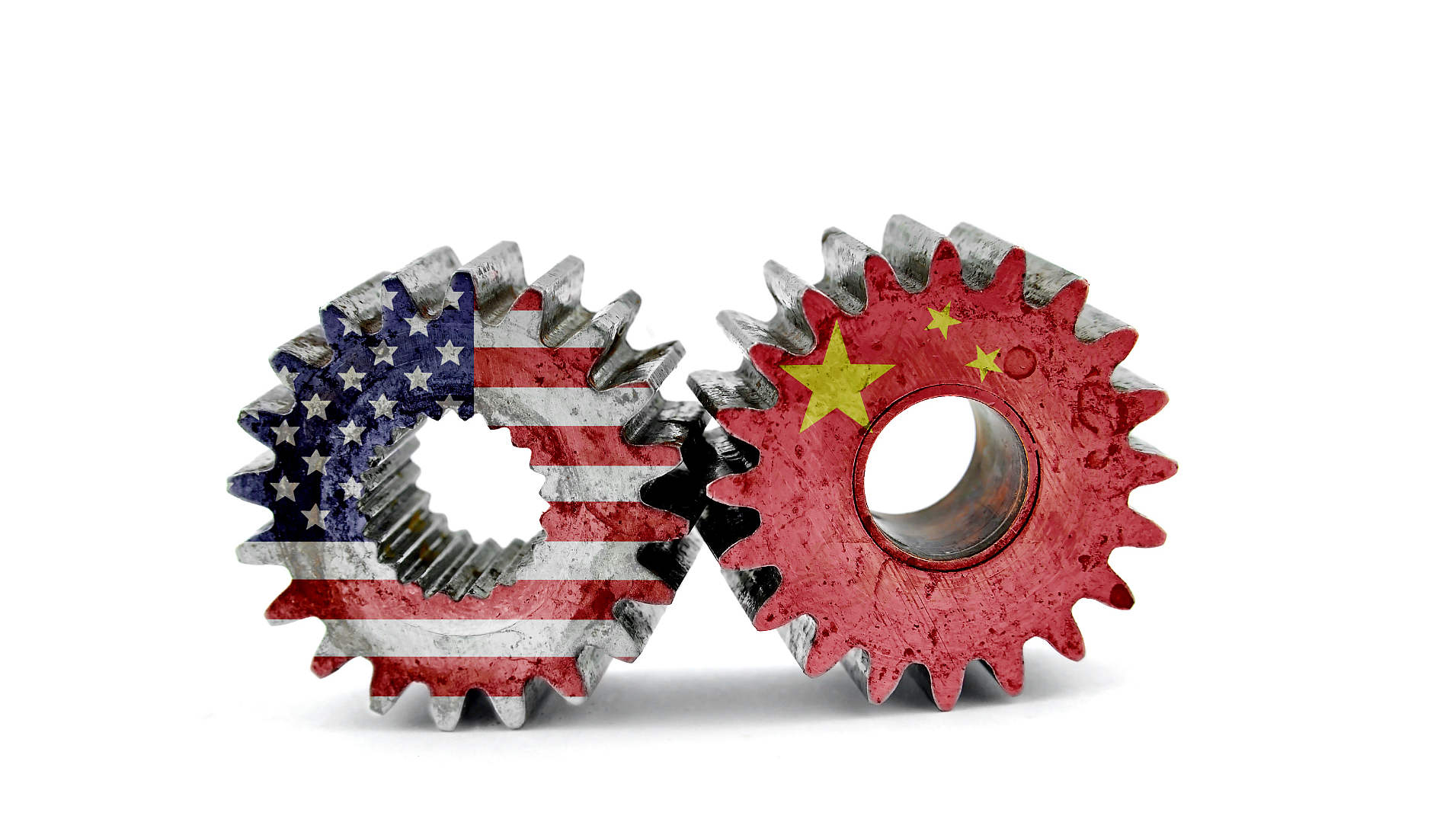
Opinions
20:15, 01-Jan-2019
Opinion: What is on the horizon for China-U.S. ties?
Updated
19:46, 04-Jan-2019
CGTN's World Insight

Tuesday marks the 40th anniversary of diplomatic relations between the People's Republic of China and the U.S.
On January 1, 1979, China and the U.S. established diplomatic ties. After four decades of ups and downs, the relationship between the world's two largest economies has come to a head.
Cooperation or competition? Partners or enemies? What should be the nature of the relations? Scholars from the U.S. explore what is on the horizon for the most important bilateral ties in the world.
American political scientist Graham Allison coined the term “Thucydides Trap”, which refers to the situation where a rising power causes fear in an established power. However, Allison also said that the Thucydides Trap is something both countries could avoid by making the right moves.
“There are a few big words, ‘New Cold War', ‘decoupling', and ‘isolated'. The thought is that somehow you could isolate China from the global economy,” said Allison.
03:37

However, these words are just words, it's impossible to isolate China from the world economy.
According to Allison: "China is a backbone of the global economy, and the major trading partner of every American ally and friend in Asia, so if you go to Australia, Singapore or to Japan, then you say, ‘I have a good idea, you should decouple your economy from China.' They don't know what you are talking about, they say, ‘Do you know China is our major trading partner, China is central for our economic growth. if my government would do that and lead to economic recession, I won't be the leader of the government.'”
Ultimately, what could save trade relations between the world's two biggest economies? Will China and the U.S. eventually subscribe to a more constructive and cooperative approach? Stephen Roach, a senior fellow of the Jackson Institute of Global Affairs with Yale University gave his answers, who is also a former investment banker and three-decade China observer.
“I think the resolution of this conflict has to contain four ingredients,” said Roach.
“One is concession on market access.”
Roach believes that China has to be willing to open up, remove the requirements for joint adventure structures and the U.S. has to agree to much less in the way of oversight of Chinese investment in the US companies.
“The best way to accomplish this is through a bilateral investment treaty, we have been negotiating this for 10 years, both sides will feel they have to concede a little bit, that's what compromise is,” added Roach.
“The second point is the macroeconomic structural adjustments that required.”
It means that China saves too much, it needs to use more of its savings and find its social safety net, and the U.S. saves too little and its large budget deficit will reduce savings further, both sides need to improve their savings in balances.
“Thirdly, we need an agreement on cyber.”
Because cyber is a very contentious issue, U.S. and China are in a great position to lead a global accord on cyber with targets and mechanisms to resolve disputes.
“Fourthly, they need to formalize the exchange of views in a way that goes beyond having dinner parties in Argentina or Beijing.”
Roach means that both the U.S. and China should have full-time staff with experts doing joint studies on policy, recommendations, gathering data, information on going systems for monitoring the relationship.
(If you want to contribute and have specific expertise, please contact us at opinions@cgtn.com.)

SITEMAP
Copyright © 2018 CGTN. Beijing ICP prepared NO.16065310-3
Copyright © 2018 CGTN. Beijing ICP prepared NO.16065310-3